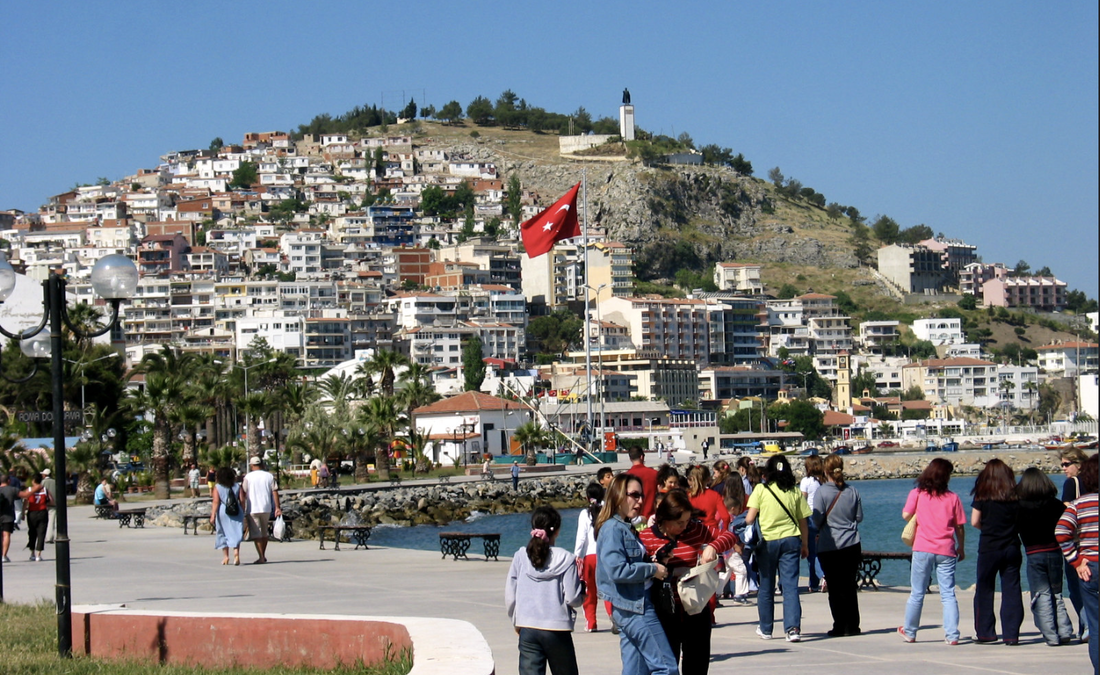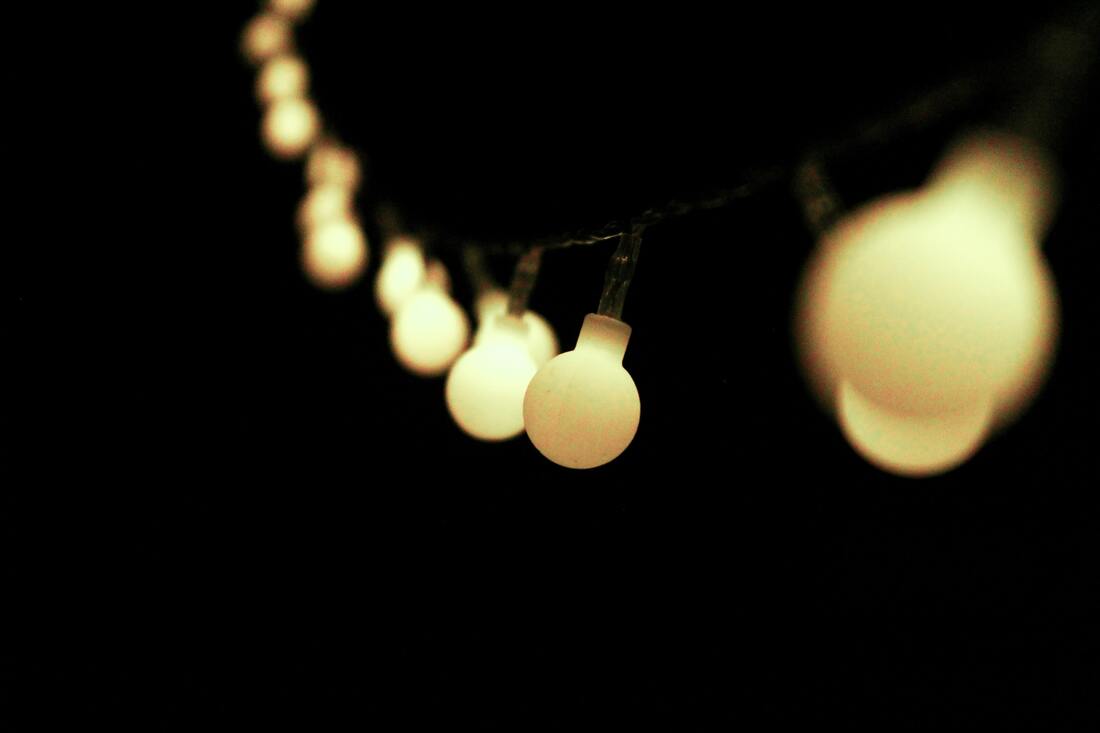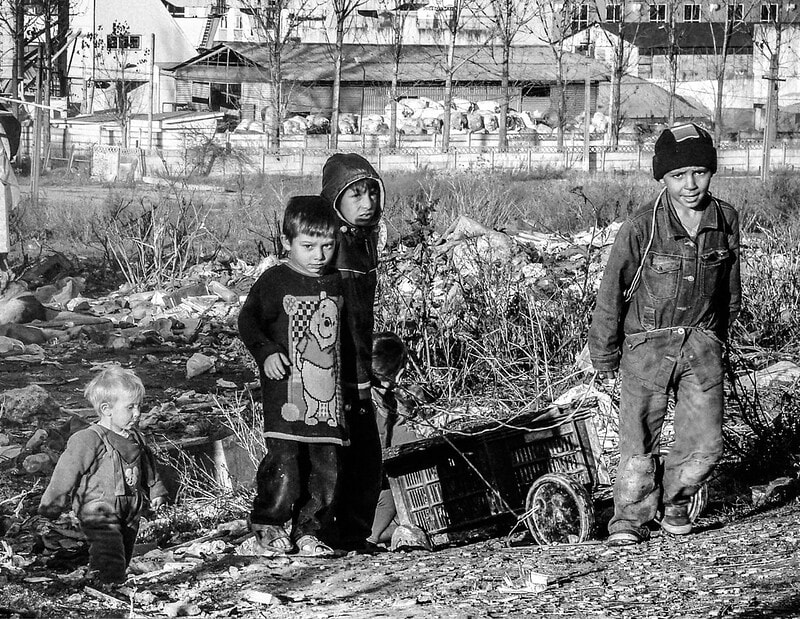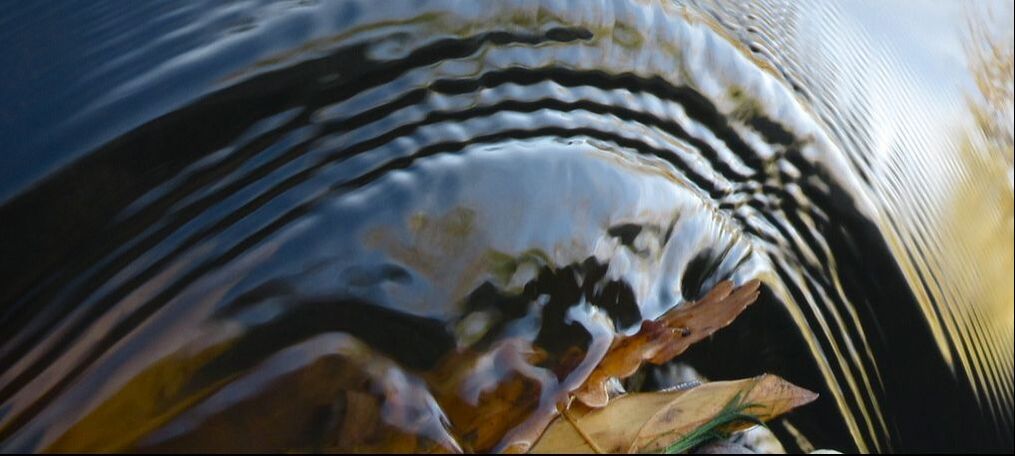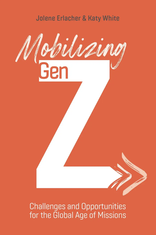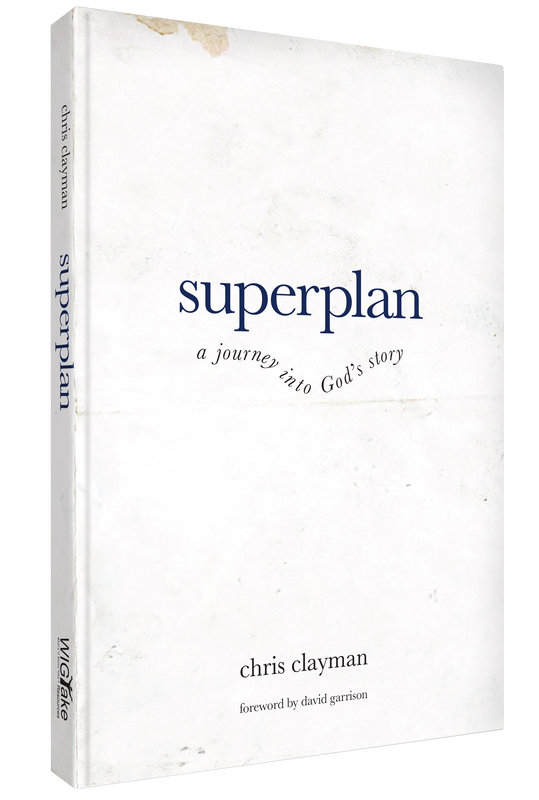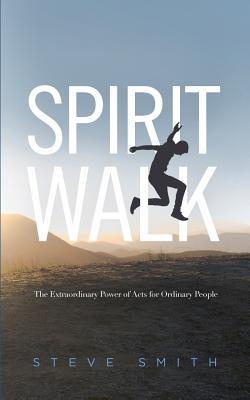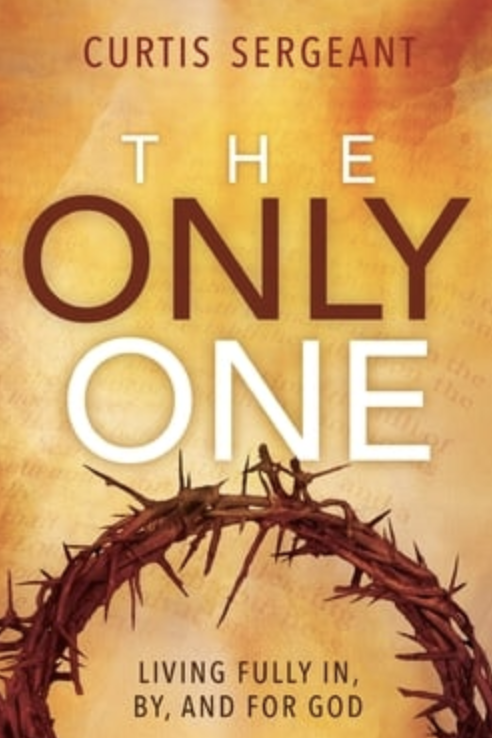|
By Sonora L Myers Malachi and I had sent mom and dad to enjoy a romantic meal for their anniversary which they had forgotten about until an hour ago. Left to buy dinner for ourselves, we decided to head back to the little döner restaurant with the scabby, stray cat that we’d eaten at the day before. We had stopped a moment outside of Starbucks when two small boys approached wanting to sell us cheap, blue, foam flower crowns. The city was so full of beggars and small children selling crafts and packets of kleenex that I had begun to grow insensitive to their presence. So when the small boys asked if we would like a flower crown, I quickly brushed the offer aside with a polite Turkish ‘tsk’ and said, “Biz iyiz” (we’re good). Surprised that we ‘foreigners’ could speak Turkish, they inquired about how two Americans knew their language. I was tired - emotionally, physically and mentally. This evening was our last day of our month-long sojourn in Europe and Turkey. After weeks of exerting my poor Turkish skills to their maximum communication and comprehension levels as we reunited with old friends, helped a church minister to many small villages in the earthquake zone and played with the kids on Gypsy Hill, I had little capacity for a chit chat with these two children. Shrinking back, I stood and zoned out as Malachi answered their probing questions. I was mindlessly waiting for them to leave us in peace so we could go and enjoy our dinner when, as I stood there, passive to anything but my own tired brain, one of the little boys broke from the conversation, approached me, and in one swift motion reached up and placed a foam flower crown on my head. His childish little face lit up in the sweetest smile as he said, “Bu senin için abla” (This is for you big sister). And just as quickly as they had appeared, they were gone, drifting around the corner and into the crowd. I stood stunned for a moment and then it was like I woke up from a long slumber to where I was - Kuşadası, Turkey, to the people rushing around us on all sides, to the beauty, to the need, to my utter desensitization to life. I stood in the insecurity I felt by my blundering attempts to communicate in a language I hadn’t spoken since I was six, in my feeling of vulnerability and fatigue and the need to remain dignified and not look foolish. I had built up walls around my heart, had taken up my home in a cold brick castle rather than humbly accepting the warm hospitality of the country and people of Turkey. I had allowed my own limitations to limit my heart. Rather than becoming personal, I withdrew and became private. I closed my eyes to my presence in a place full of people that God desperately wanted a relationship with. I didn’t put myself in the Lord’s hands, trusting that he would protect me and use my vulnerability but rather, I protected myself at the cost of losing sight of what mattered most. I choose security over generosity. I acted out of a place of scarcity rather than leaning into the rich abundance of God. I still have that flower crown. I keep it as a reminder to be generous, not just with my money but with everything; my time, my attention, my energy, myself. I keep it as a reminder to live out of humility in the security of the Lord rather than self-forged walls and a castle with closed gates. If you found this article helpful, pass it along to a friend who you think may benefit from reading it.
0 Comments
If you walk long enough in the various neighborhoods of the Christian faith, you will inevitably begin to notice the cul de sacs where groups gather around all sorts of factors: ethnic identity, doctrinal beliefs, native languages, experiential aspirations, worship style preferences - even favorite translations of the Bible. Finding our way into groups who are like us and with whom we feel we can walk out our understanding of Christian belief comfortably and faithfully is of course natural. In as much as we have all grown up being shaped by family and church life experiences, books we read and sermons we listen to it is a wonder we don’t have more groups dotting the landscape of Christianity. Like a cityscape filled with the architectural styles developed by generations of creative genius, the world of Christianity is a vivid expression of the beauty of the image bearing nature of human personality and perspective and cultural creativity. We are of course the body of Christ, individually and corporately. For just as we have many members in one body and all the members do not have the same function, so we, who are many, are one body in Christ, and individually members one of another (Romans 12:4-5). When lived in balance and with a proper perspective built on love and humility toward one another, Christianity is an amazing expression to a lost and broken world of the goodness, truth and beauty of God. Our witness is bold and our fellowship is a reflection of the love of 1 Corinthians 13. We are patient and kind and we don’t envy or boast. We aren’t proud. We don’t dishonor others and are not self-seeking or easily angered. We keep short accounts - no records of wrong. We never delight in evil and together rejoice in the truth. We always protect - even those we disagree with over doctrine or politics. We trust and hope and persevere, and we do all of this because love never fails. When we live Spirit filled and activated lives in the shadow of the 1 Corinthians 13 rubric of life, we become together what Corrie Ten Book called, “tramps for the Lord” who have left our hiding places to roam the Gap with the Savior. We are heaven’s expatriates, camping where the kingdom is best served. We are earth’s dispossessed, who’ve journeyed forth to give a dying world not only the Gospel but our own souls as well. We are members of God’s global dispersion down through history and out through the nations, reaching the unreached and blessing the families of earth.* Our differences then become the seasoning of our witness rather than the warts about which the world sees us fighting and arguing. We will still have robust discussions - arguments even - over points of interpretation, ideas about how to engage the world, what worship should look like and everything in between, but these discussions will be covered in love and cloaked in humility knowing that in this life, we see through a glass darkly. We will strive to walk in the paradox of grace and truth, knowing that grace without truth is not grace and truth without grace is not truth. And because we will fail often, we’ll be quick to ask forgiveness of our brother or sister. While all of this seems a tall order, it is the way forward for the North American church. We’ve been duped into kingless kingdoms of social justice, culture warring kingdoms of god and country or the bland sort of cultural Christianity which is little more than a safe civil religion. None of these hits the mark. Let us therefore work together in love to pursue our Lord into the harvest, shining our light in the darkness, being salt and yeast in a broken and distorted world, edifying and encouraging one another, dedicating our lives to studying the word of God, to prayer, to fellowship, to bold witness and above all, to love. A new commandment I give you: Love one another. As I have loved you, so you also must love one another. By this everyone will know that you are my disciples, if you love one another. Photo Credit * David Bryant defines world Christians with this description in his fantastic book, In The Gap: What it means to be a world Christian. “I can’t see anything dad.” My seven year old son squeezed my hand ever tighter as we both recognized the obvious truth of his statement. He and I along with my wife and five year old daughter had scrambled up the canyon wall in the Cappadocia region of central Turkey where we were hiking and had climbed into the entrance of a man made cave, a tunnel actually, that angled back into the cliff face and into what we knew from our guidebook was probably a complex of tunnels and rooms; the ancient homes of an ancient people. We had walked the sandy path for nearly twenty yards when we came to a right hand turn. The tunnel was four feet across and just over five feet tall, a rectangular shaft cut straight and true. A few steps into our right turn and we had run out of light. There was a shadowed outline of what appeared to be another tunnel or perhaps a doorway a few feet further into the gloom but beyond that we could see nothing. Darkness stretched out before us. I crouched to rest my bent back and together we discussed our options. We had taken a tour of an amazing underground city the day before which had ignited the flames of our inner explorers. Unfortunately, while none of us wanted to turn back, we didn’t have a flashlight. The flip phone I had at the time didn’t have a flashlight and the gray green glow of its one inch square screen gave barely enough light to see our hands in front of our faces. What we did have was our compact digital camera which had a flash. It was worth a try and so I pointed the camera into the smothering darkness and took a picture. In an instant the tunnel burst into light and just as quickly receded back into darkness. In that moment however we had seen a vision of the future; there wasn’t just one doorway on the left, there were three evenly spaced entrances off of the main tunnel we were in, a tunnel which disappeared ahead in a distant darkness. Dragging my hand along the wall, we made our way into the darkness until we came to the fist cleft in the sandstone. Another flash and we knew it was the entrance to a small and rather insignificant room. The next was the same but the third entrance led into a room that had a very large and rather deep pit carved into its floor. From our tour the day before we knew this had most likely been used to store grain in ages past, however the possibility of stumbling into one of these deep pits was unnerving. We squatted for another conference, reiterating to the kids to stay together and agreeing to not take any unnecessary risks. We proceeded another thirty yards or so when we noticed light ahead. We made our way forward and found a tunnel returning to the face of the cliff. It was another way out and it brought both relief and courage. We turned back into the darkness and continued to explore. When we ventured deep enough, the light was non-existent and we rarely knew what was beyond the edge of our flash. Ten feet at a time, we wandered this complex of tunnels and rooms, discovering what felt like ancient secrets, including a large room where we imagined the community gathering for meals or worship. Fear and joy mingled as we spent the next hour chasing the light into the darkness. As I read the Biblical stories, it seems that in many ways, faith is the simple act of chasing light into the darkness. When Moses’ mother coated a papyrus basket with tar and pitch she was simply taking the next step of faith. She hadn’t seen the whole story but in faith, she had followed the flash of God’s grace into the darkness. Moses’ sister had only seen a glimpse of a better future but she knew her God and so she took tentative, faith-filled steps into the river where she waited, standing in the shadows, standing in the muck and mire of the river, standing in the light of expectation. Joseph’s dream was followed by a pit and slavery and prison but he held on to hope, trusting that God was working behind the scenes and would remain true. When the twelve disciples watched their risen Lord ascend into heaven, the great commission was still ringing in their ears. Go and make disciples of all nations. The whole world was the vision Jesus had given them and yet they had no budget, no buildings, and no infrastructure to speak of. They did have a promise, that Jesus would be with them until the very end of the age, and they’d spent three years watching Jesus do the work of His kingdom and so they simply moved forward into the next thing God showed them. The story of the book of Acts is the story of the disciples peering down dark tunnels expectantly looking for the light to flash. They lived with a deep trust that God was working and that His kingdom would expand. They knew beyond a shadow of a doubt what they were supposed to do - Go make disciples of all nations - but they didn’t necessarily know how it would get accomplished. They prayed and planned and took daily steps of faith, all the while trusting that God was orchestrating His will. As the disciples took those daily steps of faith, God stepped with them into their context to infuse it with His power in His timing. It is the faithfulness of the disciples that is paramount. The planning was helpful. The strategies were important. But as Andy Stanley points out, “believers with vision live with the knowledge that “how” may come about independently from their planning. But it will not come about apart from their faithfulness. Faithfulness is critical to success.”* This is the pattern I watch weekly in the volunteers who serve in Crescent Project’s Embassy ministry which I help lead. Embassy works to equip followers of Jesus to go into the online spaces where Muslims congregate. There they build rich, lifelong friendships through which they’ll have the opportunity to share the good news of Jesus as they share their lives. Every interaction is an act of faith. The will of the Father is clear - He desires that none should perish so he sent his only begotten son to seek and save the lost and to give His life as a ransom. In Jesus is life and that life is the light for all mankind. While the vision of the Father is clear, how it will actually come about is another question all together. Meaningful scriptures shared with Muslim friends are met with smug comments that give no hint of interest in the gospel. Honest probing questions are deflected and avoided. For many of our volunteers it can be a long, bent-backed slog through tunnels of darkness as Muslim friends respond with seeming indifference. And yet as we look to the scriptures we find hope that the Father is drawing people to Christ. He is at work behind the scenes whether we realize it or not. Seeds are planted which the Holy Spirit will water in His time. This truth was highlighted in the story of a young lady from Central Asia. One of our Embassy volunteers had been laboring for nearly two years, meeting only indifference and the needy immaturity of a nineteen year old teen wanting to learn English even as she became a sort of surrogate aunt for this young lady. But then Covid-19 spread across the globe carrying in its wake a growing sense of anxiety and fear. This young lady was swept into a dark tunnel of despair and insomnia. And then suddenly a light flashed in her heart as the prayer of our volunteer struck a nerve. A prayer in Jesus' name broke down a door of insomnia. A prayer in Jesus’ name brought a bright calm into a heart swirling in the darkness of increasing anxiety. An invitation to read the scriptures was hesitantly accepted and a few months later this young lady placed her trust in Jesus. The blinders fell off and she stepped into the light. It is a truth that you can can almost certainly trace back through your own journey of faith. Someone took a risk to share with you. Someone stepped through their fear to point you to the truth. Something happened that in the moment seemed like disaster. Faith always requires the active pursuit of light into darkness. The writer of Hebrews reminds us that “faith is confidence in what we hope for and assurance about what we do not see”. We rarely know what lies on the other side of the darkness, but as we take steps of faith, as we move forward in prayer and hope, as we step into the light - even the dim flashes born of our weak faith - God shows up. * This quote is from Andy Stanley's book, Visioneering: Your guide for discovering and maintaining personal vision (2016). Multnomah Publishers. (pg. 58) Learn more about Crescent Project and Embassy. image credit Did you find this article helpful? Share it with a friend. Sometimes we catch glimpses of grace and truth in the unfolding realities of the world around us. Other times grace and truth come to us through the ugly realities of our own actions. Either way, we have an opportunity to learn. This poem was written in Istanbul, Turkey in 2009. 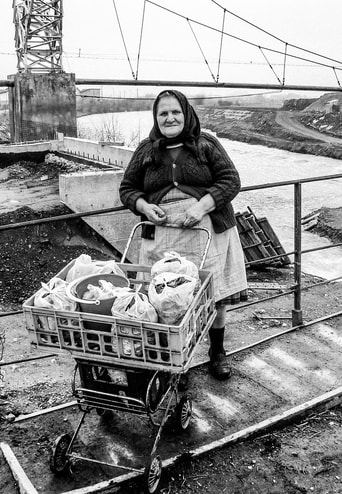 I saw you today. Walking past my office window, dumpster to dumpster with drag foot strides. I saw you - all of you. You two mothers pushing your finds in converted baby buggies, babies slung over bent backs, one tugging at the slack edge of a scarlet head scarf. Your three and four year olds – boys in rags and broken sandals – trailed, sometimes behind, sometimes squirting ahead, but always walking wearily, wary of the ways of the back of your hand. Harsh hands and harsher words carry them down dumpster lined streets. The four year old’s mother hands an unpeeled orange to his open hand, rescued from refuse, but fails to peel it. He makes a marvelous mess of pulp and juice before she, the giver, the guardian, slaps it from his greedy fingers. On they walk, on into their gypsy life, their wandering life, their hungry life, And they disappear. Later, a father came. A father with another four year old and another converted baby buggy and another journey down an Istanbul street, dumpster to dumpster, market to market, meal to meal to find to find. He stopped the buggy behind a black Mercedes, said stay – to the buggy and the boy – and crossed to a waiting meal in the market trash. The boy stayed, lips moving – presumably for himself though I could not hear, fingers fondling the days find. But then a man approached, middle aged and well dressed, talking kind words to the boy, beckoning – And the boy went, without qualm quickly on his heels and into the next door store. But then the father returned, smiling at the two bruised apples and a smashed orange in his hands to find the buggy but not the boy. I saw it then. I saw how much love he harbored in his tired heart for his son. I saw it in the fear that crept into his eyes. I saw it in the terror of his movements and in the two new bruises the apples received as they hit the concrete at his broken sandals. I saw it in his hands, cupped around shouting lips – And finally, I saw it in the flood of relief that his smiling son gave him when he bolted from the store, cookies clutched in jubilant hands. Relief came. A broken heart was not broken more. The middle aged man walked past the two, a silent Samaritan not letting left know what right had done. On he walked, on into his Muslim life, his secular life, his blessed life. And he disappeared. Later, I walk home along the sea, praying for this nation, praying for grace and discernment to be salt and light to this land. I stop at the store, mindlessly buying four kinds of noodles, not knowing what we’ll make with them. My groceries and I make our way to the tunnel where I will cross the tracks and head for home. But there On a concrete bench Sit two tired teenage boys. “Mister, we’re hungry. Do you have any food? Do you have any money?” I stop, surprised. “Would you like some noodles?” I offer to blank stares and then add – “You can cook them at home.” Their look tells me they may not have a home. “We’re hungry mister. Do you have any money?” “No.” I turn and I walk And I cross the tracks And walk from them And disappear. But the five lira in my pocket doesn’t disappear. And the words of Jesus don’t disappear. “You will always have the poor among you.” Among you. It seems now more a command than a fact. A command I’ve missed through a sham of fact. Among you. If the poor are not among us, Could it be we disobey? I surely did today. I surely did today. A short video sharing a framework for understanding suffering. This framework has helped me understand the role of suffering in the life of the disciple of Jesus. The sound quality isn't perfect, but I'd love to hear your thoughts. What would you add to this framework? How have you been developing a theology of suffering? Share your thoughts in the comments below. The book of Exodus begins with unimaginable hardship. Pharaoh, fearing the growing number of Hebrews in his kingdom, orders the execution of every newborn Hebrew boy. Babies are torn from their mother's arms and tossed murderously into the Nile River. And then Moses is born. Like many others, his mother hides him away for as long as she can, hushing his cries, hoping beyond hope for a way through this holocaust of the newborns. The Bible doesn't say why she does it, but his mother builds a little basket, coats it with tar and then sends her daughter off to the river with baby Moses in his tiny ark. I can imagine the scene. The sister comes to a bank along the river where the reeds have grown thick. She steps into the water, feet sinking in mud and begins pushing her way through the razor sharp stems. She fights to keep her balance as the stench of the river mud floats up around her. Finally she comes to a place where the reeds thin out. They've been cleared away so that the pharaoh's daughter can come down and bath. The sister sets the basket gently in the water where it floats, still hemmed in by the reeds but clearly visible to anyone who might come down to the water. She backs away, far enough not to be noticed yet still able to keep an eye on her brother. Exodus 2:4 says, "His sister stood at a distance to see what would happen to him." There she stands in the muck and mud, scratched by reeds, swatting flies and mosquitoes. She waits and she watches, hoping to see in the water the ripples of redemption. Exodus 2:4 is filled with expectation. Surely something will happen. Surely God will act. And God does act. He saves Moses and sets the stage for the freeing of the Hebrew slaves. Many of us find ourselves in the muck and mud of our present moment. We're battered and bruised by the Covid-19 pandemic. We look around and it seems the bad news grows daily. Some of us have experienced the loss of a loved one, the loss of a job, the loss of a dream. Everyone it seems will experience some sort of loss. While we need to mourn with those who mourn in this season, as followers of Christ we can also look expectantly for the ripples of redemption. Our God is a redeemer God. The next few months may not be easy. They may be the hardest times we have ever lived through, but if we look to the scriptures we see a pattern: God uses hard times to set the stage for unimaginable good. Joseph is thrown into a pit, sold into slavery and tossed in a dungeon. All before God rescues him and uses him to save the whole world from famine. Stephen is brutally murdered, stoned in the public square. And yet the very next moment, as his friends mourn his loss, he is with the risen Christ in heaven. As persecution breaks out, the good news of Jesus, the gospel, begins to spread all across the Roman world as fleeing Christians share about Jesus everywhere they go. God is a redeemer. Whether our current calamities are caused by God's discipline, Satan's attack or are merely the by products of a broken world, God can and will redeem it for our good and for His glory. And so as we look to him, as we hope in Him, as we trust in Him, we will see the ripples of redemption. |
The E2E Community
Categories
All
Good Books
Archives
April 2024
|
Proudly powered by Weebly

